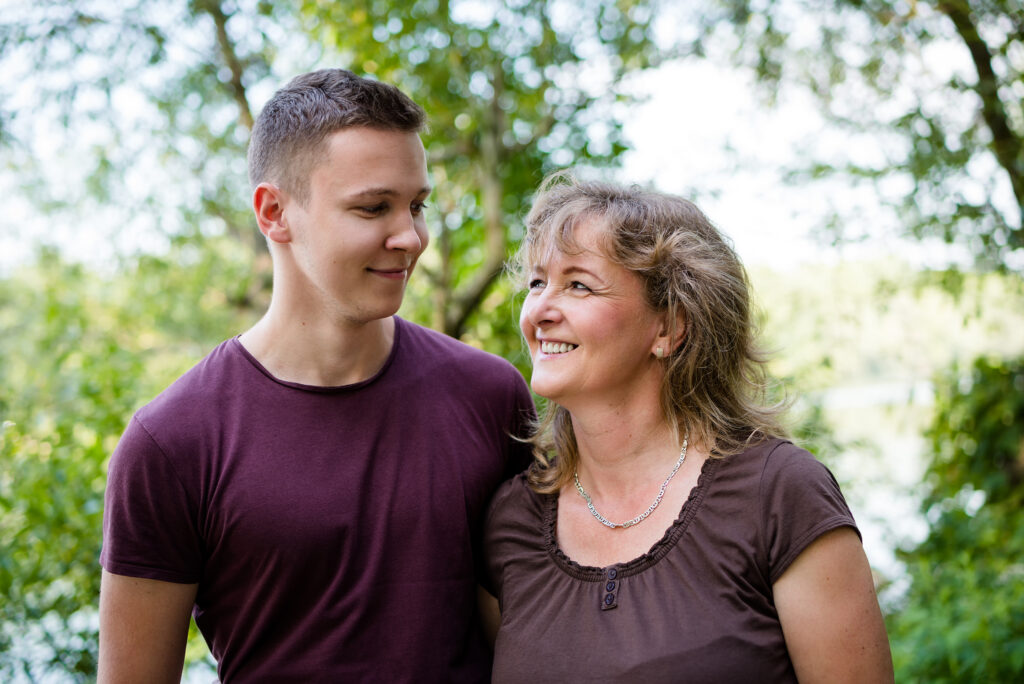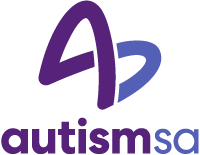What is Positive Behaviour Support?
Positive Behaviour Support (PBS) aims to improve quality of life, and to increase an individual’s choice and control over their life. The implementation of PBS supports can decrease behaviours of concern, teach new skills, and create environments that people can engage in activities that bring them joy.
Positive Behaviour Support Plan (Improved Relationships)
The development and implementation of a Positive Behaviour Support Plan is suitable for individuals with a NDIS plan, who have received funding under the Improved Relationships budget. NDIA registered Behaviour Practitioners will work with the individual and their care team to conduct a Functional Behaviour Assessment, and can include data collection, semi-structured interviews, direct observations and skills assessment. This assessment will be used to inform the Positive Behaviour Support plan, which is tailored to the needs and strengths of the individual.
A Positive Behaviour Support plan includes proactive strategies, response strategies and a skill development plan that support the needs of the individual. Once the Positive Behaviour Support Plan is developed, Behaviour Practitioners implement the plan. Implementation involves training families and carers, and continuous monitoring of the progress and effectiveness of strategies.
How can I benefit from a Positive Behaviour Support Plan?
Positive Behaviour Support (PBS) is an evidence-based framework with the goal of increasing a person’s quality of life and decreasing the frequency and severity of behaviours of concern.
An individualised Positive Behaviour Support Plan will focus on making changes in an individual’s environment and teaching new skills to reduce the likelihood of the occurrence of behaviours of concern. The plan is tailored to the specific needs of the individual and their support network.

How can I access Positive Behaviour Support services?
Positive Behaviour Support services can be accessed in-clinic, at school, home, or in the community. We also provide Positive Behaviour Support services via telehealth, meaning we can support people who live regionally, remote or even interstate.
Request a service
Or contact us on 1300 288 476 or email at contactus@autismsa.org.au.
Autism SA is accredited and registered as a provider through the National Disability Insurance Agency (NDIA). This means that you can pay for services at Autism SA with your NDIS funding, or you may pay yourself, through fee for service.












